The Mapping the Gap Report examines the gender gap in long-term care. It analyses legal frameworks, policies, stereotypes, and barriers.
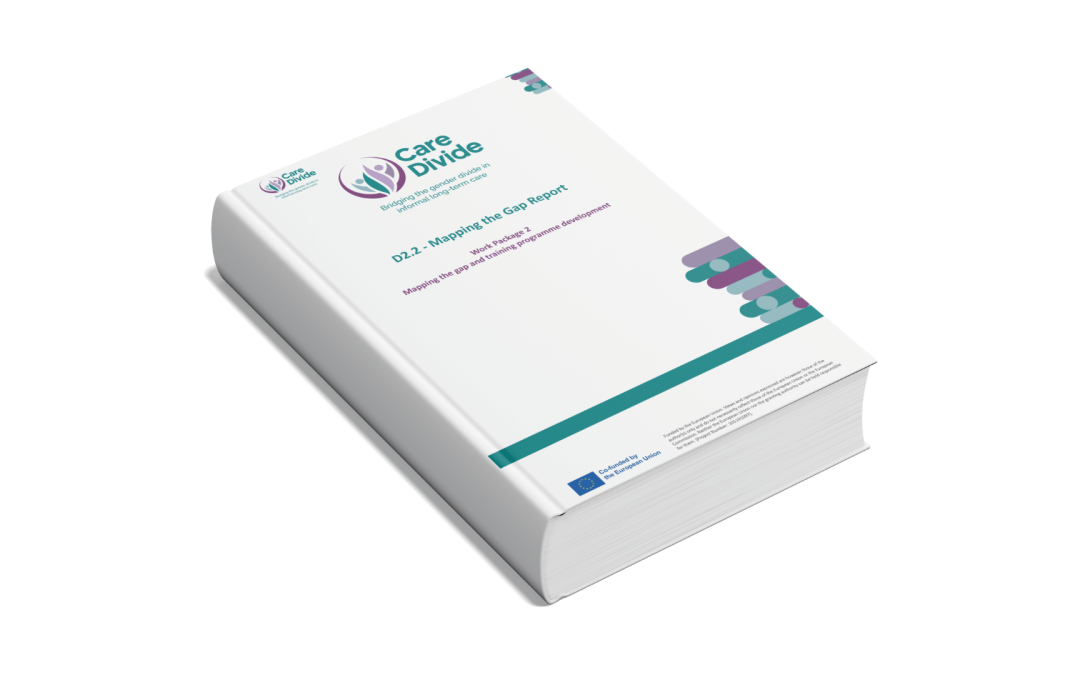

The Mapping the Gap Report examines the gender gap in long-term care. It analyses legal frameworks, policies, stereotypes, and barriers.
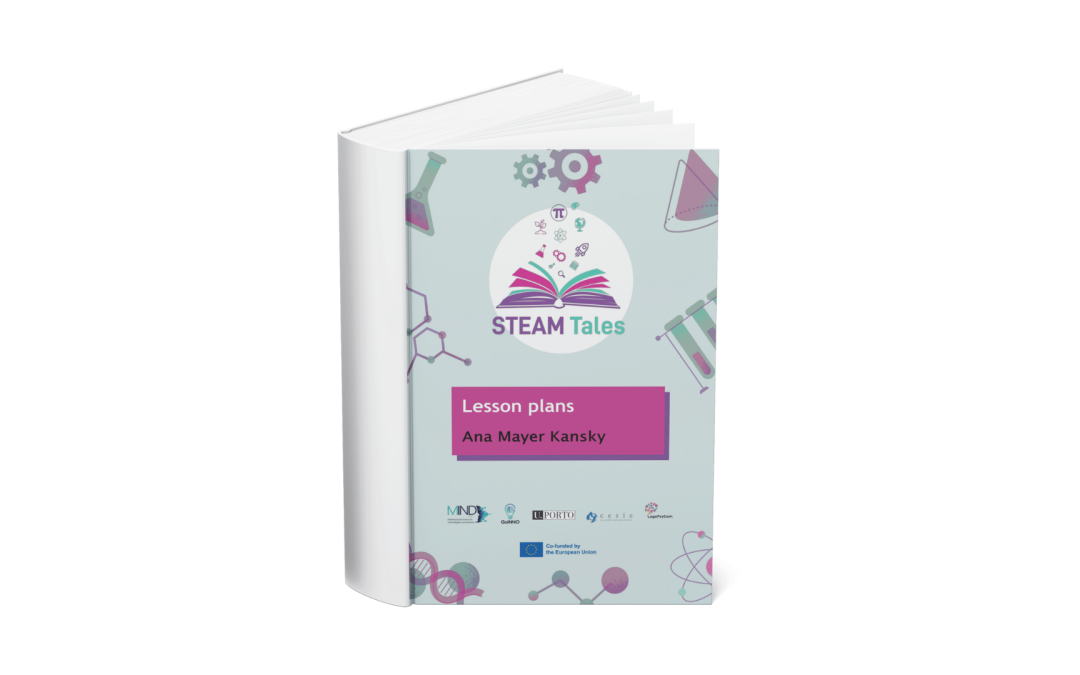
The STEAM Tales project presents a collection of 12 engaging STEAM-based lesson plans, specially designed for teachers working with children aged 6 to 9.
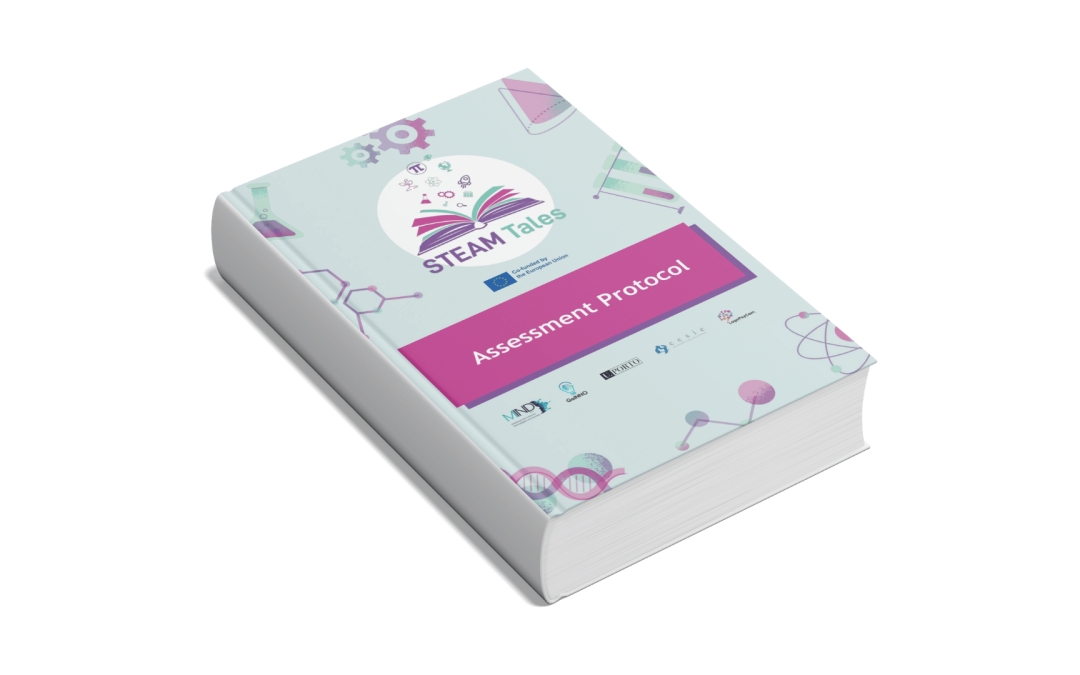
This protocol outlines the methodology, techniques employed, and instruments developed to evaluate the STEAM Tales research project and the materials produced during the project.

6 modules of 2 hours each, combining theory and practice to develop skills and promote safe, inclusive sporting environments.

Practical resources, educational activities, support tools and guidelines to promote safe, inclusive and aware sports environments.
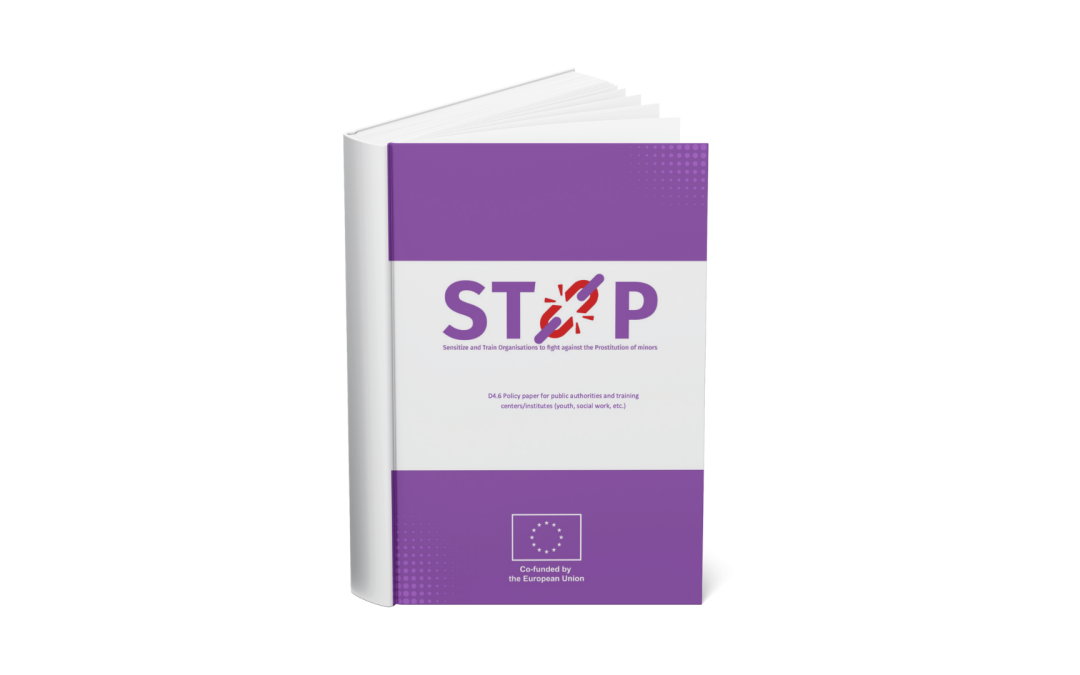
This policy paper offers a set of actionable recommendations aimed at policymakers, educators, and professionals working with minors, focusing on how to prevent the sexual exploitation of children in the context of prostitution.
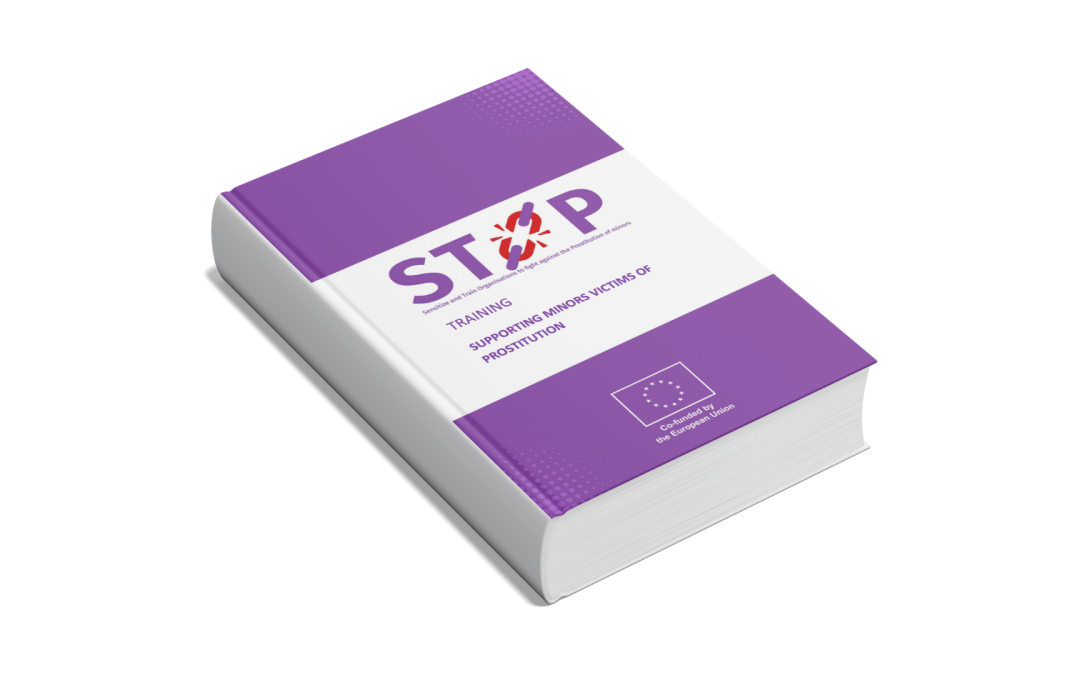
This document summarizes the experience of the training sessions delivered to students and VET as part of the STOP project, aimed at raising awareness on prevention of child sexual exploitation, healthy relationships and digital safety.
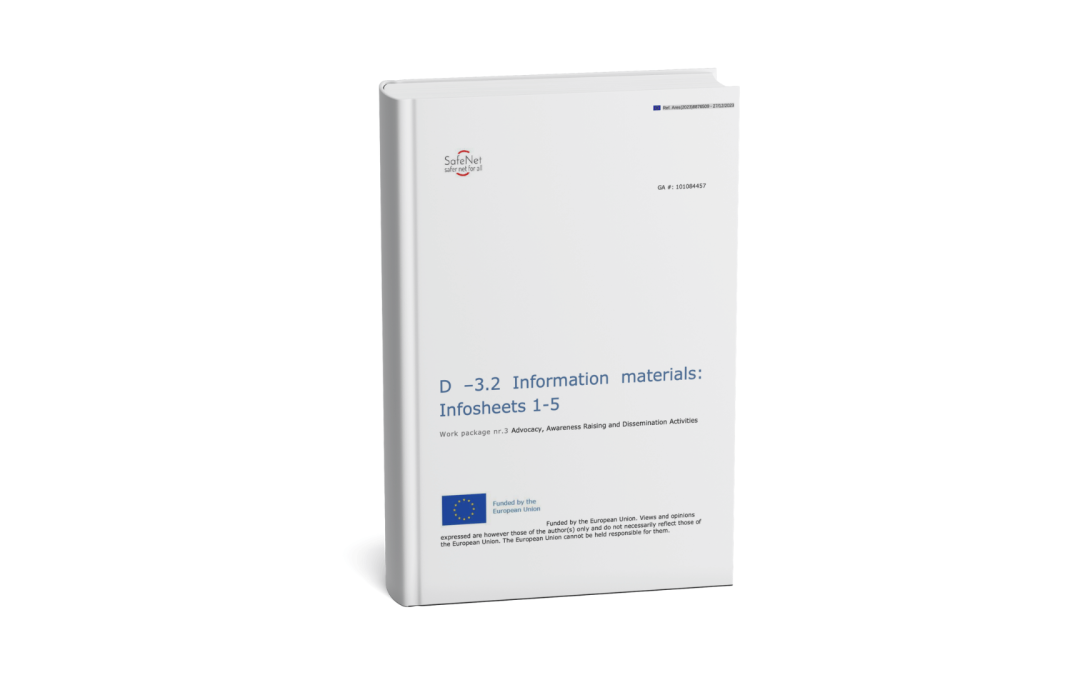
This document presents the SafeNet factsheets, the result of monitoring 21,470 cases of online hate speech and the responses of the platforms.
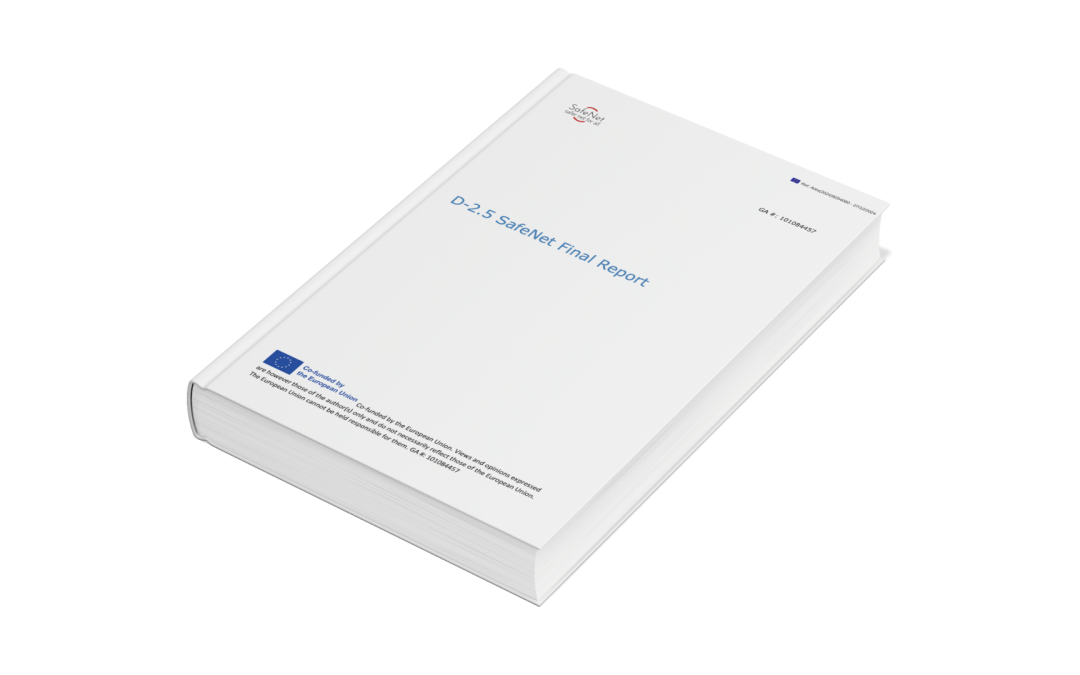
This report presents a comprehensive analysis of hate trends targeting various communities, including antisemitic, anti-Muslim, racist, xenophobic, anti-Roma, anti-LGBTQIA+, and anti-Gypsy hate.

SafeNet’s annual report outlines the project’s first year of implementation and highlights the work of 21 partner NGOs coordinated by the International Network Against Cyber Hate (INACH).

The intersection of LGBTQI+ identity and migration presents a number of complex challenges that are often overlooked in general discussions of asylum policies and integration strategies.

This research analyzed patterns of online hate speech based on gender and gender identity. The study assessed the needs of online media, identified beneficial practices already in place, and proposed strategies to improve the detection and management of hate speech comments.

This research, carried out through a collaboration between organizations from Cyprus, France, Greece, and Italy, analyzed comments in the sections of prominent online media to identify patterns of misogynistic and transphobic hate speech.

The present document, produced as part of CESAGRAM, provides policy recommendations to address gaps in child protection frameworks. It aims to guide policymakers in implementing stronger measures to protect children online, combat grooming, and support victims of child sexual abuse.

The manifesto promotes sexual and affective education as a primary prevention measure of gender-based violence and discriminatory phenomena, and as a tool to protect sexual and reproductive health.